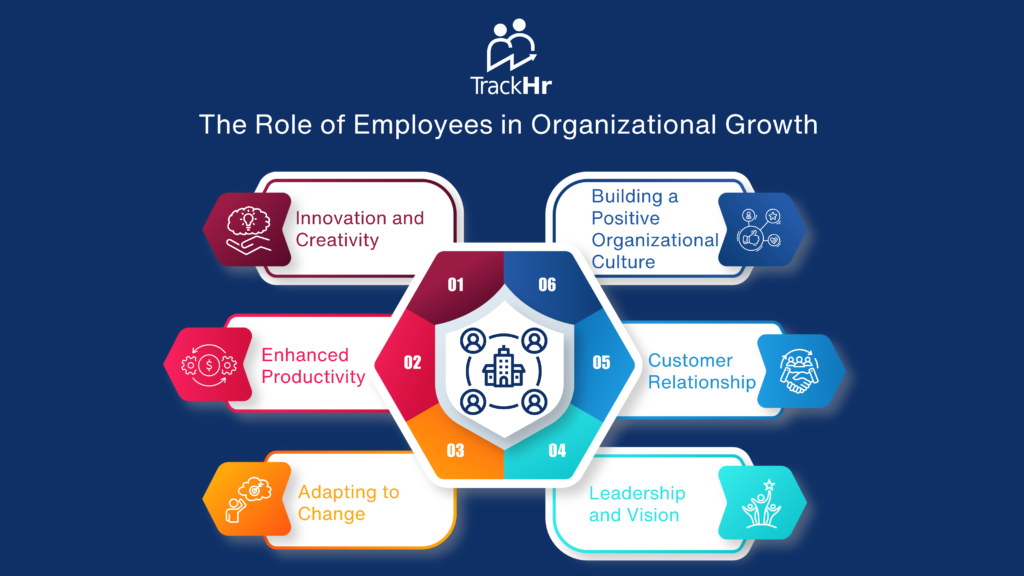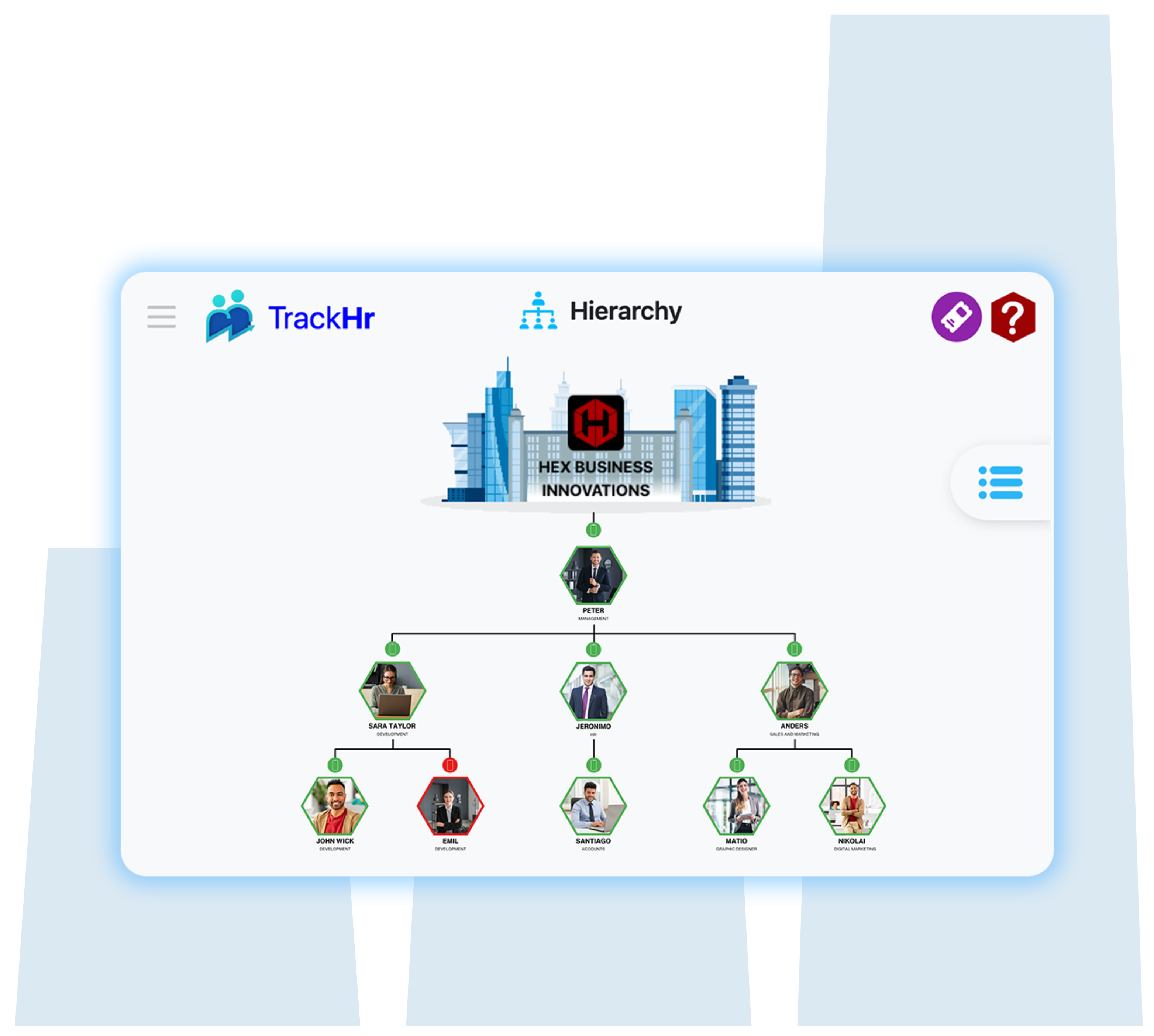Monday, 03 June 2024
The Role of Employees in Organizational Growth
In the ever-evolving landscape of business, the role of employees in driving organizational growth cannot be overstated. Employees are the backbone of any organization, and their contributions, attitudes, and behaviors directly impact the trajectory of growth. In this blog, we will delve into the multifaceted ways in which employees contribute to organizational growth and why their role is indispensable.

1. Innovation and Creativity
Employees are the primary source of innovation within an organization. Their diverse experiences and perspectives foster creativity, leading to the development of new ideas, products, and processes. Encouraging a culture of innovation where employees feel safe to express their ideas can lead to groundbreaking advancements that propel the organization forward.
2. Enhanced Productivity
Employees who are engaged and motivated are more productive. Their efficiency and effectiveness in performing tasks can lead to higher output levels, better customer service, and improved overall performance. Organizations that invest in employee engagement and well-being often see a direct correlation with increased productivity and profitability.
3. Building a Positive Organizational Culture
A positive organizational culture attracts and retains top talent, reduces turnover, and enhances employee satisfaction. Employees play a crucial role in shaping and sustaining this culture. Their interactions, values, and behaviors collectively create an environment that can either support or hinder growth.
4. Customer Relationships
Employees are often the face of the organization, interacting directly with customers. Their ability to build and maintain strong customer relationships is vital for business growth. Positive interactions can lead to customer satisfaction, repeat business, and word-of-mouth referrals.
5. Adapting to Change
In today’s dynamic business environment, the ability to adapt to change is crucial for growth. Employees who are flexible, resilient, and open to learning new skills help organizations navigate through changes and seize new opportunities.
6. Leadership and Vision
Employees at all levels can exhibit leadership qualities that contribute to organizational growth. When employees take initiative, lead projects, and inspire their colleagues, they drive the organization towards achieving its strategic goals.
Conclusion
The role of employees in organizational growth is multifaceted and profound. From fostering innovation to building a positive culture, enhancing productivity, strengthening customer relationships, adapting to change, and exhibiting leadership, employees are the cornerstone of any successful organization. By recognizing and nurturing their contributions, organizations can create a thriving environment where growth is not just a goal but a continuous journey.
Investing in employees is not merely an HR strategy; it is a strategic imperative that can drive sustainable growth and long-term success. As organizations navigate the complexities of the modern business world, leveraging the potential of their employees will undoubtedly be the key to unlocking unprecedented growth and achieving their vision.



